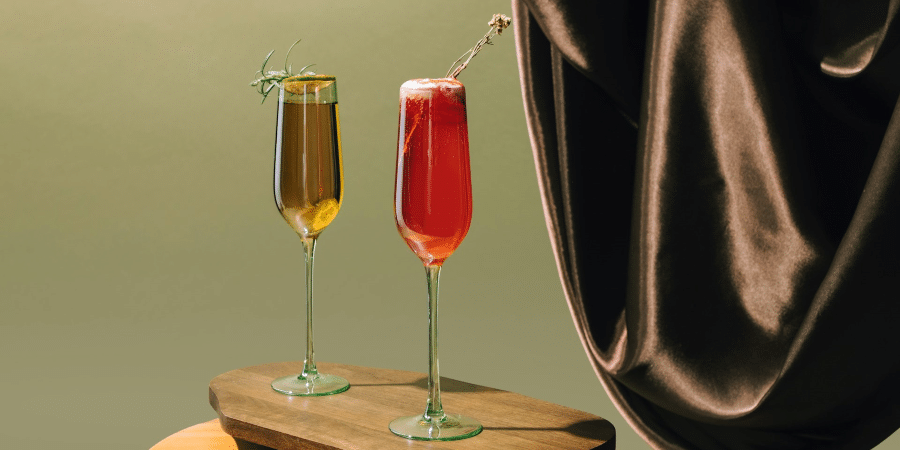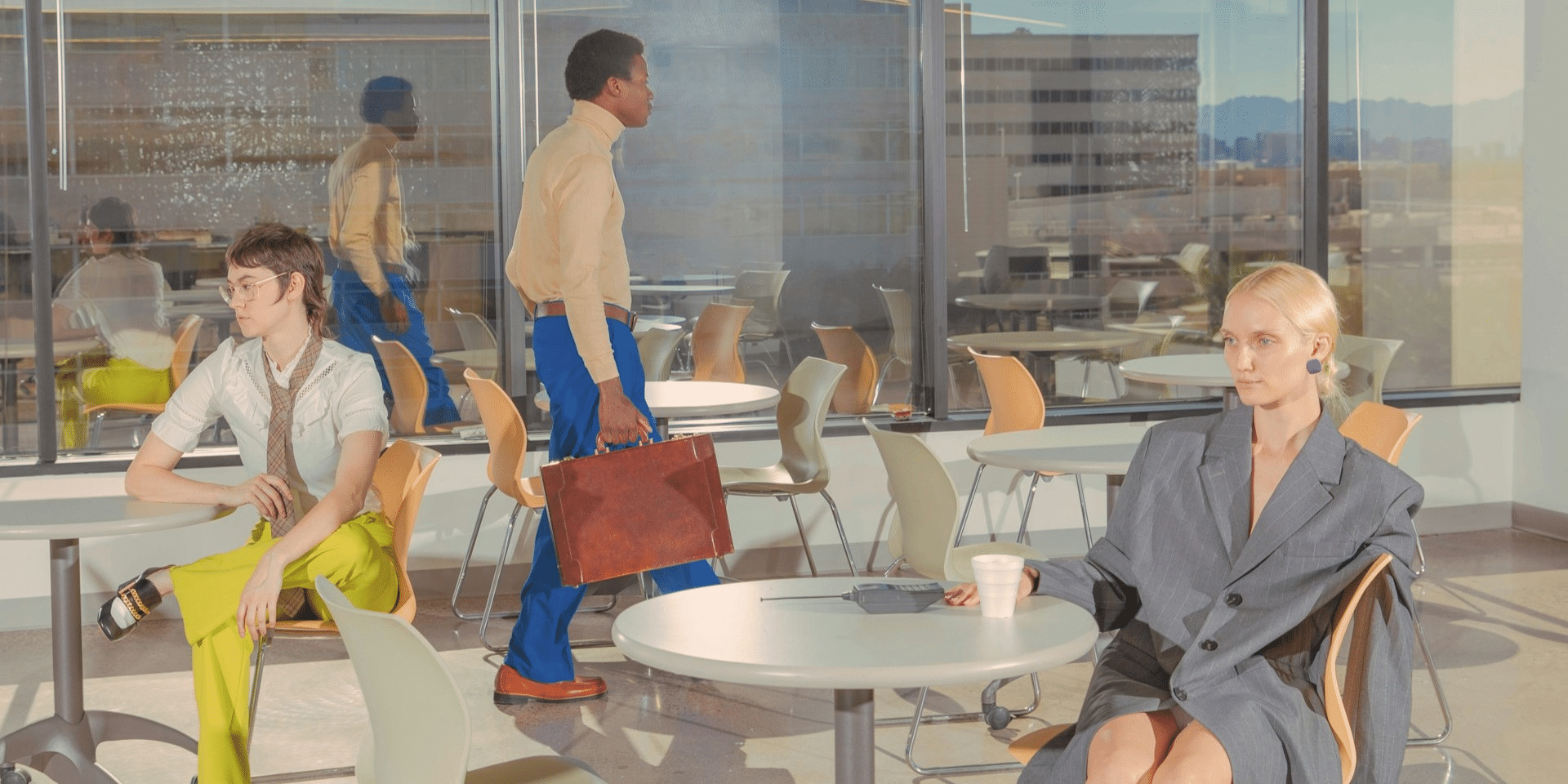Image commercially licensed from Unsplash
By: PRM
Elizabeth Cardillo Beri, born in Pittsburgh, Pennsylvania, is a renowned figure in the world of fashion, beauty, and beverages. As a CEO of several companies, she stands out for her entrepreneurial spirit and her significant contributions to these industries.
Elizabeth’s journey began with a solid educational foundation, earning a degree in Fashion from the Fashion Institute of Design & Merchandising (FIDM) in Los Angeles. This formal education laid the groundwork for her diverse career in fashion. Her flair for style and innovation led her to work in various capacities within the fashion industry, enriching her experience and expertise.
Her entrepreneurial journey is marked by the founding and scaling of numerous companies, showcasing her versatility and skill in managing businesses in fashion, beauty, and the beverage sector. Elizabeth’s business acumen is evident in her ability to navigate the complexities of these industries successfully.
In 2015, Elizabeth’s charm and talent were nationally recognized when she won the Miss Pennsylvania pageant. This achievement led her to compete in the Miss USA pageant the same year, highlighting her poise and elegance on a national platform.
Apart from her business ventures, Elizabeth is deeply committed to philanthropy. She actively engages in charitable work and is involved in various philanthropic activities, particularly in areas related to pageantry, fashion, and events. This aspect of her life underscores her dedication to giving back to the community and using her platform for positive social impact.
For more information about Elizabeth and her ventures, one can visit her website, elizabethberi.com. Her journey is a testament to her multifaceted talents and her commitment to excellence in every endeavor she undertakes.
Q&A with Elizabeth Cardillo Beri: A Deep Dive into Fashion
Elizabeth, can you tell us about your journey in the fashion industry and what inspired you to pursue a career in fashion?
My passion for fashion started at a young age, influenced by the vibrant culture of Pittsburgh. I was always fascinated by how fashion is a form of self-expression. Pursuing my degree at FIDM in Los Angeles was a pivotal moment, opening doors to various roles in the fashion industry and eventually leading me to establish my own companies.
How has your education at FIDM shaped your approach to fashion design and merchandising?
FIDM provided me with a solid foundation in both the creative and business aspects of fashion. It taught me the importance of balancing artistic vision with market trends and consumer needs, which is crucial for successful fashion merchandising.
What are the key trends you see emerging in the fashion industry today?
Sustainability is a significant trend. Consumers are more aware of the environmental impact of fashion, and there’s a growing demand for sustainable practices. Technology also plays a huge role, especially in personalized fashion and e-commerce.
As a CEO, what challenges do you face in the fashion and beverage industries, and how do you overcome them?
One of the main challenges is staying ahead in a rapidly evolving market. I overcome this by staying informed about industry trends, investing in innovation, and maintaining a flexible business model that can quickly adapt to changes.
What advice would you give to aspiring fashion designers and entrepreneurs?
Be authentic and true to your vision. The fashion industry is competitive, but there’s always room for fresh ideas and unique perspectives. Also, don’t underestimate the importance of understanding the business side of fashion.
How do you balance creativity with commercial viability in your designs?
It’s all about understanding your target market while staying true to your creative instincts. I always try to create designs that resonate with my audience’s preferences without compromising my artistic integrity.
In your experience, how important is networking in the fashion industry, and how has it influenced your career?
Networking is crucial in fashion, as it’s an industry built on relationships and collaborations. It has opened many doors for me, from connecting with mentors to finding new business opportunities. Attending industry events, participating in pageants, and actively engaging in fashion communities have been instrumental in my career growth.
Can you share your approach to balancing the creative and business sides of running a fashion company?
Balancing creativity and business is like walking a tightrope. On the one hand, I immerse myself in the creative process, staying true to my vision. On the other, I keep a close eye on market trends, sales data, and customer feedback. It’s about creating beautiful, trendsetting pieces that also appeal to the market’s demands.
What role do you think fashion plays in shaping cultural and social trends?
Fashion is a powerful tool for cultural and social expression. It reflects and sometimes even dictates societal shifts. Through fashion, we can make statements, challenge norms, and celebrate diversity. As a designer and entrepreneur, I feel a responsibility to be mindful of the cultural and social impact my work has.
Key Takeaways
- The Importance of Networking in Fashion: Elizabeth Cardillo Beri emphasizes the critical role of networking in the fashion industry. Building strong relationships and engaging in the fashion community have been pivotal in her career, offering opportunities for collaboration, mentorship, and business growth. This highlights the industry’s reliance on connections and the value of being actively involved in fashion networks.
- Balancing Creativity with Business Acumen: A significant aspect of Elizabeth’s success lies in her ability to harmonize her creative vision with market demands. This balance is essential for fashion entrepreneurs who need to create appealing and innovative designs that also resonate with consumer trends and commercial viability.
- Fashion as a Cultural and Social Influencer: Elizabeth views fashion as more than just clothing; it’s a medium for expressing and even shaping cultural and social trends. Her perspective underscores the responsibility of fashion designers to be aware of the broader impact of their work, recognizing that fashion can be a powerful tool for social expression and change.











